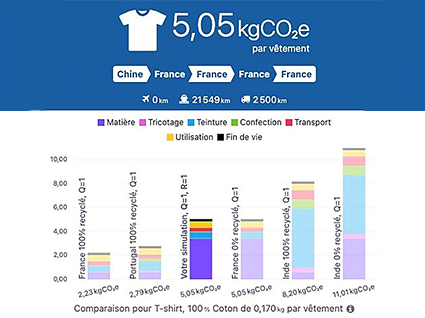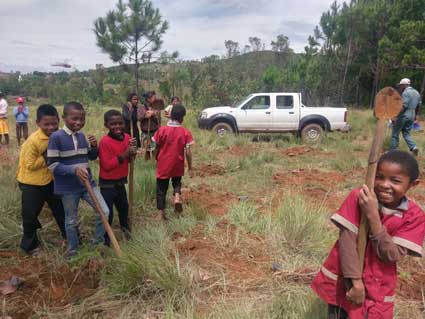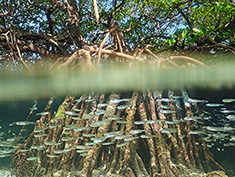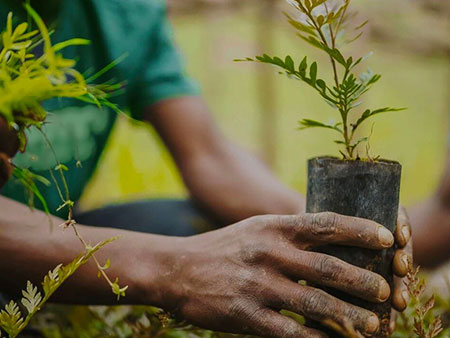Commitment 6 - Environment
Mitigating and adapting to climate change
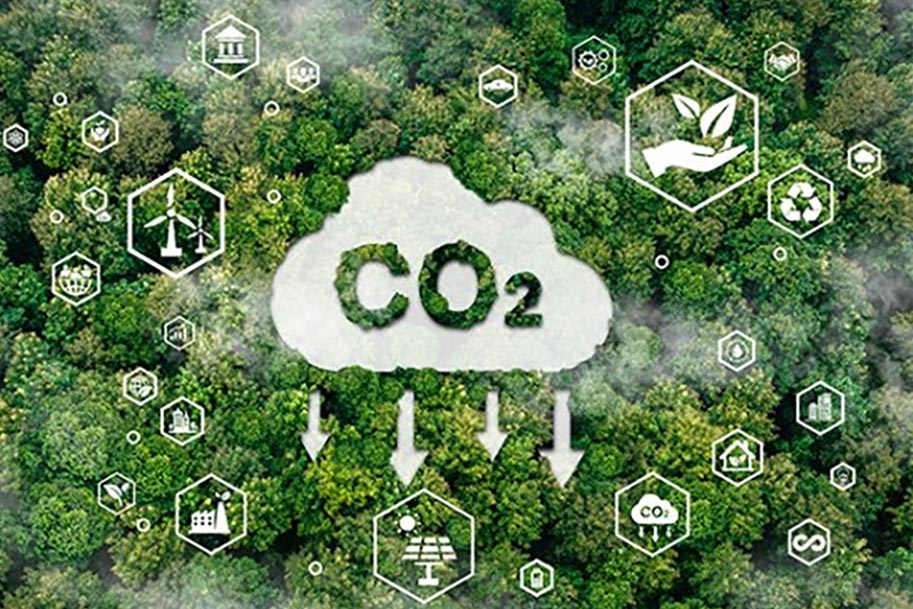
Cepovett carbon footprint
CEPOVETT is working to reduce its carbon footprint throughout the value chain.
As global warming accelerates, it is becoming urgent for all economic players to measure the carbon impact of their activities and take action. The Bilan Carbone TM methodology, a diagnostic tool initiated by ADEME (the French Environment and Energy Management Agency), is used to account for greenhouse gas emissions (scope 1) and indirect greenhouse gas emissions (scopes 2 and 3) emitted by companies.
Decarbonising differently
Making a commitment to the climate means measuring and reducing greenhouse gas emissions throughout the textile value chain.
Today, adapting to climate change is essential to reduce the vulnerability of natural and human ecosystems against the effects of global warming. For the past 10 years, CEPOVETT has been committed to voluntary carbon offsetting through its reforestation programme in France and Madagascar, which contributes to decarbonization.
Find out more about our CSR commitments
OUR CSR POLICY
AT THE SERVICE OF CORPORATE SUSTAINABILITY
Our workwear has been designed and manufactured under ethical and socially responsible conditions. In particular, they contribute to the protection of human rights, the preservation of natural resources and the protection of biodiversity. For us, every gesture counts, and this is proof of our sincere commitment to future generations. #PositiveImpact

CLIMATE
Mitigating and adapting to climate change
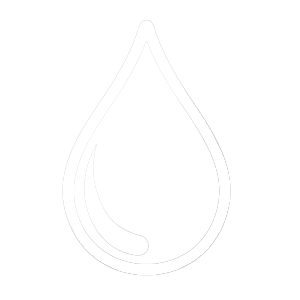
WATER
Protecting water resources and rivers

BIODIVERSITY
Safeguarding biodiversity and ecosystems











